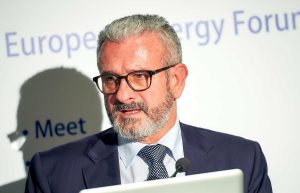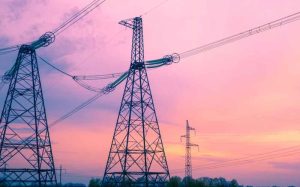
by Alicia Carrasco
CEO olivoENERGY
Home » The regulation brief for clean and efficient energy
The regulation brief for clean and efficient energy
Alicia Carrasco, CEO of olivoENERGY, talks to Manuel Sánchez, member of the Fleishman Hillard Advisory Board in Brussels
With this interview, we inaugurate this section we have called ‘Inspírate’, where you can find opinion articles on the electricity sector, as well as interviews with the most relevant and inspiring actors in the Spanish and European energy ecosystem.
Today I have the pleasure of chatting with Manuel Sánchez, former Team Manager at the European Commission and current member of the Fleishman Hillard Advisory Board in Brussels. Manuel has more than forty years of experience in the energy sector, dealing with European energy policy and the regulation of the Internal Energy Market, as well as technical issues for the digitalisation of the sector and the large-scale integration of renewable energy sources and consumer resources in smart grids.

In this interesting interview we will delve into the most important aspects of the proposed reform of the European Electricity Market that will guide the path for member countries on the way to the decarbonisation of the economy.
The Electricity Market reform presents exciting new business opportunities for energy sector players. With the steady growth in energy demand and the transition to cleaner and more sustainable energy sources, the doors are open for innovation and the creation of business models that drive the efficient and cost-effective generation and distribution of electricity. The modernisation and expansion of the electricity grid will be essential to facilitate the integration of new energy sources and allow for greater flexibility in the operation of the system.
Taken together, these measures will shape a more efficient, sustainable and profitable electricity market, but they also pose a major regulatory challenge with measures that must be implemented in a short period of time.
In this interview with Manuel Sánchez, we will talk in more detail about this paradigm shift brought about by the reform of the Electricity Market, which will make us face regulatory and operational changes as never before addressed in the European Union.
Manuel, first of all, thank you very much for accepting our invitation to participate in this interview. It is an honour for me and for olivoENERGY to have your expert opinion in this article.
Manuel, what do you think the Electricity Market Reform should contain?
In general terms, there are a series of basic elements that in my opinion must be taken into account in the European Electricity Market Reform. For example, facilitating the integration of renewable energies in the electricity market and increasing flexibility in energy supply and demand, allowing individual and/or aggregate participation of consumers and generators in the management of the electricity system. It is necessary to foster competition in the electricity market, not only by avoiding monopolies, but also by promoting transparency and the entry of new players in the sector and guaranteeing the economic stability of electricity market agents.
Incentivising investment in innovation and technology to improve efficiency and flexibility in energy generation, storage and distribution and ensuring sustainability and the reduction of greenhouse gas emissions in energy generation are two aspects that must also be taken into account.
In my opinion, the European Commission’s proposal adopted last March covers a large part of these elements and is, in my view, very positive and comprehensive, both in terms of what is in it and what is not in it.
Your comment on the aspects that should not be in the reform is very interesting, because we are seeing that in the negotiation phase, aspects that should not be the object of the reform are being discussed. In your opinion, what do you think the reform should NOT contain?
Although we receive news every day with opinions and amendments from one side or the other, I believe that the negotiation phase of the market reform has not yet begun among the co-legislators. I am observing that many market players expect the negotiations to start after the summer break, after the political agreement and once the starting positions on the reform are well defined both in the Council and in the Parliament. However, and in answer to your question, in general I believe that the reform of the European electricity market should not include measures that directly affect the security of supply of member states, nor the quality of service provided to consumers, particularly the most vulnerable ones. I also believe that the electricity market reform should be negotiated largely in conjunction with the Net Zero Industry Act, the Commodities Act and the review of the state aid framework.
Reform should not be used as an excuse to promote specific political or economic agendas to the detriment of other EU policies, such as decarbonisation, digitalisation, decentralisation of electrification or market transparency.
Focusing on digitalisation and new energy models, what would be the main areas to focus on from a regulatory and policy point of view?
From a regulatory and policy point of view, in my view the main areas that the internal electricity market review should focus on are:
- Promoting competition in the market: policies and their regulation should ensure a competitive environment that favours the entry of new players in the market and promotes the diversification of electricity suppliers. Furthermore, they should avoid intervention in prices and profits generated.
- Promote renewable energy generation and the reduction of greenhouse gas emissions: policies and their regulation should encourage investment in and production of renewable energy and the reduction of greenhouse gas emissions through the implementation of tax incentives, green certificates, auction systems and other more innovative mechanisms yet to be developed.
- Promote transparency and consumer participation: Policies and regulation should promote transparency in the electricity market, without prohibitions or limits, ensuring that consumers have access to clear and easily understandable information on electricity supplier options. Active consumer participation, alone or in aggregate, in all electricity markets and in decision-making related to electricity consumption should also be encouraged.
- Ensuring reliability and security of electricity supply: Policies and regulation should ensure that electricity supply is safe and reliable by establishing quality and safety requirements for the generation, distribution and supply of electricity. Protection measures for the most vulnerable consumers must also be implemented.
Last but not least, promote digitalisation and innovation in the energy sector: policies and regulation should encourage the development of digital and technological solutions that enable greater efficiency in the production, distribution and commercialisation of electricity, for example, through the adoption of smart metering systems, smart grids, digital energy management platforms, AI, etc.
What do you recommend to ensure that the transposition of European directives promotes an energy transition that positions a country as a European vector for clean energy consumption?
 Although very interesting, this is a very generic and difficult question to answer. In my opinion, the transposition of European directives should include measures that incentivise investment in clean energy and transformative industrial technologies for decarbonisation, setting clear and ambitious targets for renewable energy and Net-Zero Technologies. Building on existing good practices in member states, we could list some recommendations as part of a much more complex model to foster the transition to clean energy consumption, such as promoting an inclusive regulatory framework for renewable energy, storage and distribution, and energy efficiency technologies. In my opinion, this will boost the development of the sector’s industry in each country and promote cooperation along the entire value chain, from production, through storage and distribution, to consumption, favouring the development of integrated solutions that facilitate the shift towards clean energy consumption.
Although very interesting, this is a very generic and difficult question to answer. In my opinion, the transposition of European directives should include measures that incentivise investment in clean energy and transformative industrial technologies for decarbonisation, setting clear and ambitious targets for renewable energy and Net-Zero Technologies. Building on existing good practices in member states, we could list some recommendations as part of a much more complex model to foster the transition to clean energy consumption, such as promoting an inclusive regulatory framework for renewable energy, storage and distribution, and energy efficiency technologies. In my opinion, this will boost the development of the sector’s industry in each country and promote cooperation along the entire value chain, from production, through storage and distribution, to consumption, favouring the development of integrated solutions that facilitate the shift towards clean energy consumption.
Finally, we must not forget the need to invest in research and development in clean technologies, storage and distribution networks and, of course, to promote education and awareness-raising for more sustainable consumption. As part of the transposition of the directives, educational programmes and public awareness campaigns can be set up to promote more sustainable consumption.
And finally, if we talk about energy, what would your ideal country be like?
You ask me more and more interesting questions, but more and more difficult to answer. If I can imagine, I can imagine some characteristics that would make a country ideal from an energy point of view.
My ideal country would have an energy system based on net zero technologies, such as renewable energy sources and renewable fuels. This would reduce environmental impact and make energy more accessible and affordable for all. It would also have advanced technologies to optimise and modernise energy production, storage and distribution; and use smart energy systems to help energy efficiency in buildings, transport and industry.
I am not forgetting sustainable transport: my ideal country would have a sustainable transport system based on electricity and renewable fuels, efficient public transport and so on. This would reduce dependence on oil and reduce the carbon footprint of transport.
For me, an ideal country in terms of energy would be one that uses renewable sources, uses advanced technology for generation and distribution, focuses on education and sustainable transport and has effective policies to drive the transition to a clean energy economy.
To make all of the above possible, my ideal country would have strong energy policies aimed at driving the transition to a clean energy economy. This would include incentives for renewable energy production and consumption, as well as measures to reduce greenhouse gas emissions and a focus on energy education to raise awareness and foster a cultural change in the way society uses and thinks about energy.
Thank you very much, Manuel. It has been a pleasure to talk to you and it will be very enriching for those who come to this interview to know your expert point of view on the new Electricity Market reform.
Home » The regulation brief for clean and efficient energy



